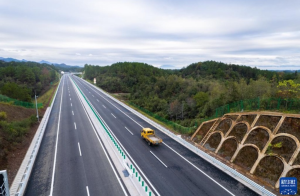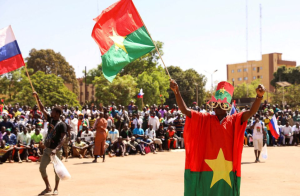Bamako hosts key step in AES customs integration, strengthening sahel economic unity

Following meetings in Niamey and Lomé, Bamako has become the latest stage in the ongoing integration of customs systems within the Alliance of Sahel States (AES) comprising Mali, Burkina Faso, and Niger. This harmonization effort aims to establish a unified economic space, streamlining internal trade, removing barriers, and better mobilizing resources to meet the needs of Sahelian populations.
During the meeting, customs experts and senior officials from the three nations laid the groundwork for an interconnected system capable of real-time data sharing on goods movement, tariffs, procedures, and revenue collection.
The goal is clear: to build an efficient, autonomous, and secure confederal customs administration, breaking away from models imposed by external partners often more aligned with their own interests than those of Africa.
The Bamako initiative is not merely technical it is deeply political. It reflects the AES nations’ determination to move forward together.
By developing their own mechanisms, member states are reinforcing economic sovereignty while fostering pragmatic, ground-level cooperation.
Customs integration will also enhance the fight against illicit trafficking, secure borders, and improve public revenue collection—essential for state reconstruction.
This emerging common policy represents a crucial lever to revitalize local economies, support domestic producers, and boost Sahelian businesses’ competitiveness in regional and international markets.
With this latest step, Bamako has accelerated the AES’s customs integration. Far from empty promises and imposed frameworks, this approach is rooted in solidarity, efficiency, and true independence.
Titi KEITA






